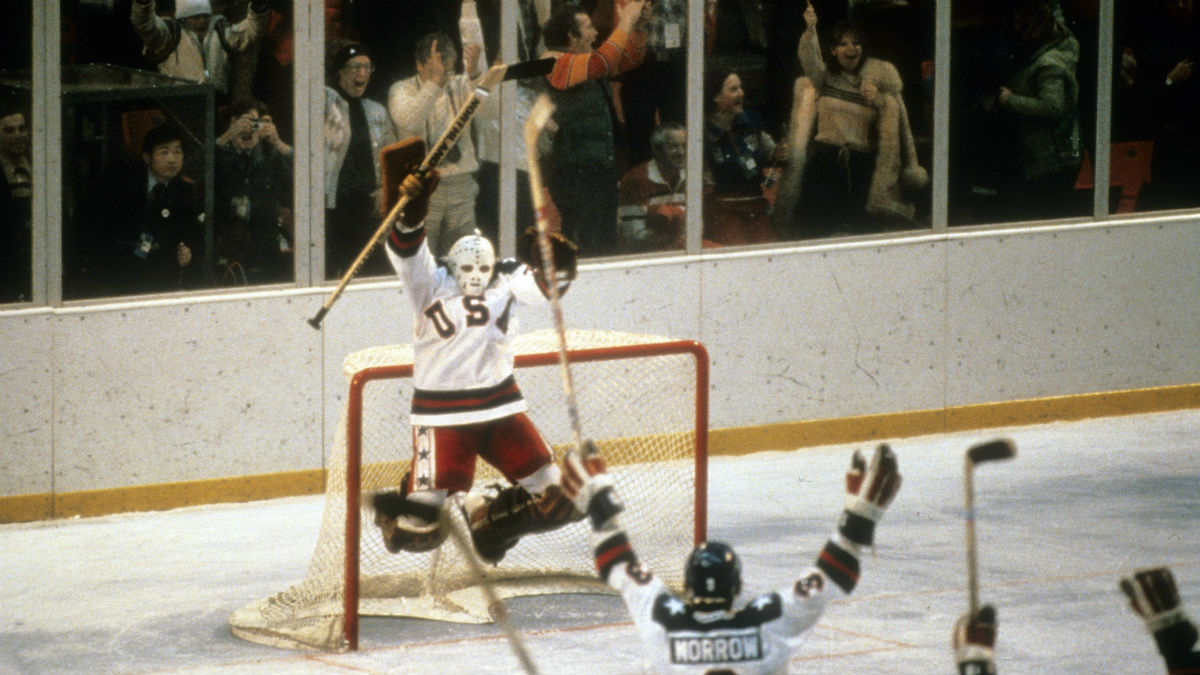From wikipedia
The Soviet Union entered the Lake Placid games as the heavy favorite, having won four consecutive gold medals dating back to the
1964 games. In the four Olympics following their
1960 bronze-medal finish at
Squaw Valley, Soviet teams had gone 27–1–1 (wins-losses-ties) and outscored their opponents 175–44.
[10] In head-to-head matchups against the United States, the cumulative score over that period was 28–7.
[11] The Soviet team had not lost a game in Olympic play since
1968.
The Soviets were led by legendary players in world ice hockey, such as
Boris Mikhailov (a top line
right winger and team captain),
Vladislav Tretiak (the consensus best goaltender in the world at the time), the speedy and skilled
Valeri Kharlamov, and talented, dynamic players such as defenseman
Viacheslav Fetisov and forwards
Vladimir Krutov and
Sergei Makarov. From that team, Tretiak, Kharlamov, Makarov, and Fetisov were eventually enshrined in the
Hockey Hall of Fame. Many of the Soviet players had gained attention in the
Summit Series eight years before and, in contrast to the American players, were
de facto professionals with long histories of international play,
[12] employed by industrial firms or military organizations for the sole purpose of playing hockey on their organization's team.
[13] Western nations protested the Soviet Union's use of full-time athletes, as they were forced to use amateur (mainly college) players due to the
International Olympic Committee's (IOC) amateur-only policy.
[14][15] The situation even led to Canadian withdrawal from the 1972 and 1976 Olympics, but the IOC did not change the rules until the late 1980s.
[16][17][18]
Edit for more info:
In exhibitions that year, Soviet club teams went 5–3–1 against
National Hockey League (NHL) teams and, a year earlier, the Soviet national team had routed the NHL All-Stars 6–0 to win the
Challenge Cup.














